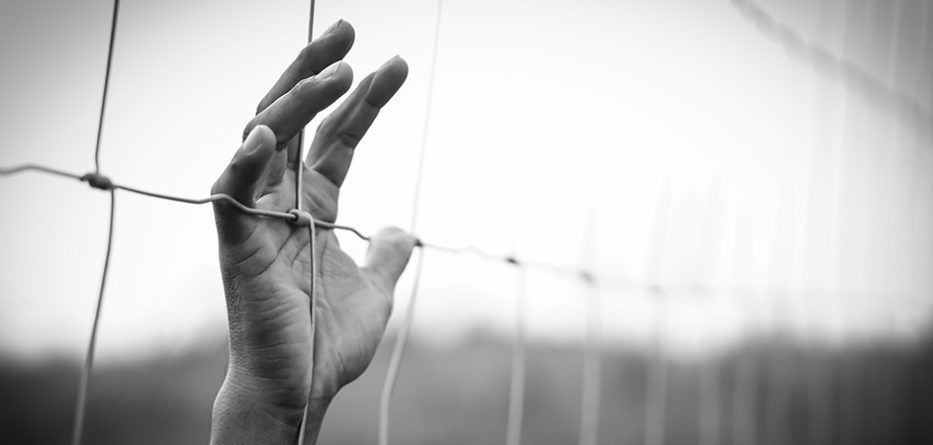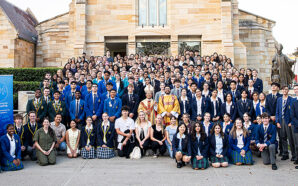Book Review: Behrouz Bouchani, No Friend but the Mountains: Writing from Manus Prison, Picador Australia.
The end of noisy election campaigns is a good time for silent reflection on where our nation is going, which qualities in it we can celebrate and which might move us to shame. It is helpful to see ourselves through the eyes of a courageous observer.
We could not find a more helpful observer than Behrouz Boochani, the author of No Friend but the Mountains. He is a Kurdish refugee who has been imprisoned on Manus Island for many years. A journalist and a writer of great power, he sent the text of his book in text messages to friends in Australia, and then worked with his translator and others to write this book. It will surely be remembered as a great work of Australian literature as well as an account of what it means to be a refugee.
His description of his two attempts to reach Christmas Island by boat display a rare gift for captivating story telling, the mastery of language needed to make the reader hear the storm and feel drenched by the waves, the cosmic themes of sea, storm and fate, and a detailed attention to the way individuals responded to this crisis.
Most of the book describes life on Manus Island, a life of endurance within a prison, in which there are no events. Space is fenced in and time has no past or meaningful future. He explores character by noticing and reflecting on his own and others’ response to the dehumanising forces at work in the storms at sea and especially in the prison.
He shows in harrowing detail the experience of being of imprisoned: the effects of heat and overcrowding, of the pervasive stink of sweat and latrines ankle deep in urine, of hunger caused by inadequate and poor food, of the reduction of people to numbers, of the long queues for everything, of the hierarchy in the prison of Government representatives in Australia, unseen officials, officers watching and officers in direct contact with the refugees, ancillary nursing and catering staff, the local PNG officers and the refugees themselves, and the combination of arbitrary changes of regulations and processes and of the refusal of officers to take responsibility for any decision to vary regulations. In the most shameful example, this led to a son repeatedly and fatally being prevented from telephoning his dying father.
These features of Manus Island were not accidental. He correctly sees this hell as the intended outcome of a policy that sent people unwanted in Australia to the prison in order that their suffering would deter other people from coming by boat. The penal system was designed to turn people into sheep, terrified by any rumour, malleable to every command, and unable to take responsibility. When reflecting on the mechanisms by which the prisoners’ behaviour and feelings are controlled, Boochani presents a system in which all the relationships of one person with another, with the natural and built environment, and with time are controlled in such a way that freedom is excluded, humiliation, dependence, competition between people and self-disgust are fomented, power is exercised hierarchically and arbitrarily, and regulations are made by unnamed people at a distance from the people to whom they apply.
But this book is not simply an account of inhumanity. It is the story of a brave man who realised that freedom had to be found through endurance and inner resistance. Although Boochani is not religious, Christians will recognise in his at times lyrical prose and in his determination not to be mastered by this Australia-made hell the quality of the early martyrs.
Any Australian reader will also be moved also by shame that our Governments sought our comfort by such brutal means. It is up to us say to our Government, ‘Never again’ and ‘Bring them here’.
Fr Andrew Hamilton SJ writes for Jesuit Communications and Jesuit Social Services.








